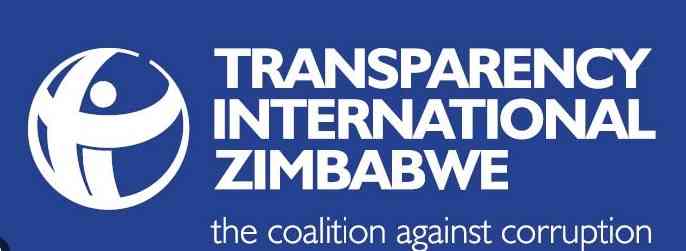
ZIMBABWE is in the grip of a deepening jobs crisis, with the Zimbabwe Congress of Trade Unions (ZCTU) warning this week that massive layoffs have overwhelmed the Retrenchment Board, leaving thousands of workers stranded as companies battle to survive.
The situation underscores a worsening economic environment that has seen an “alarming surge” in retrenchments across virtually all sectors.
Earlier this year, the ZCTU revealed that more than 20 000 workers were laid off in 2024 and the trend has continued throughout 2025.
In February, sugar producers Triangle Limited and Hippo Valley Estates, both units of Tongaat Hulett, embarked on staff rationalisation exercises to cut costs.
By mid-year, the Zimbabwe Consolidated Diamond Company (ZCDC) confirmed it had retrenched 400 workers amid a global slump in diamond prices.
In August, infrastructure firm Bitumen World announced a major restructuring expected to leave hundreds jobless, blaming delayed payments from clients, including the government.
ZCTU secretary-general Tirivanhu Marimo said the official statistics fail to capture the full extent of the crisis, as many companies are bypassing the Retrenchment Board altogether.
“The situation is dire,” Marimo told the Zimbabwe Independent.
- Unresolved land tenure dispute stifles Tongaat Hulett project
- Unresolved land tenure dispute stifles Tongaat Hulett project
- Travelling & touring: A town where baobab trees rule the roost
- Travelling & touring: A town where baobab trees rule the roost
Keep Reading
“While we await the latest consolidated statistics, our representatives at the Retrenchment Board have reported an alarming surge in companies applying to retrench workers.
“The board is overwhelmed and what is worse, many companies are retrenching without even following due process or notifying the board at all.”
He said official retrenchment data represented “only the tip of the iceberg”, with actual job losses likely far higher.
“This tells us the real numbers of job losses are far higher than what is officially recorded. Entire sectors are under pressure, from manufacturing to agriculture and even the financial sector,” Marimo said.
“The harsh economic environment, high operating costs and inconsistent policies have all combined to push businesses to the brink.”
Beyond the economic fallout, he warned of deep social consequences.
“We must call this what it is — a jobs crisis. Every lost job is a lost livelihood and a lost hope for a family,” Marimo said.
“Workers are being forced to carry the full weight of economic mismanagement, while executive pay and corporate privileges remain untouched.”
He cautioned that the fragile stability created by tight monetary controls was unsustainable and could unravel quickly.
“The so-called stability we see today is artificial and built on tight monetary controls that are unsustainable. Once these are loosened, inflation will shoot up, the cost of living will spiral and more jobs will be lost,” Marimo pointed out.
He urged government, business and labour to urgently craft a national social contract to protect jobs, restore production and ensure wage fairness.
“We are calling for stronger protection of jobs, enforcement of labour laws and meaningful involvement of trade unions in shaping economic policy,” Marimo said.
“Without workers, there is no economy and it’s time that truth guided our national policy.”
Labour market experts echoed the warnings, predicting continued retrenchments unless government implements far-reaching reforms to stabilise the economy and revive production.
Businesses unable to lay off staff have reportedly turned to reducing working hours or wages to manage costs.
Collapsing consumer demand has squeezed revenues, while operating expenses, including energy and transport, have soared.
This has forced several firms into closure or corporate rescue.
Labour lawyer and analyst Rogers Matsikidze, founder of Matlaw, said in February that the outlook for workers remained bleak.
“Indeed, there are more retrenchments. We expect a depressed labour market and that trend will continue unless we urgently address issues of imports, smuggling, and also make our products competitive,” he said.
“We need a zero import policy on products that are available in the local market if we are to reverse the trend. We also need to peg our labour costs comparably to the regional labour market.”
Matsikidze called for reforms to improve the ease of doing business, arguing that excessive taxation and red tape were suffocating formal enterprises
“We need less punitive laws and more laws that reward compliant businesses,” he said.
“Our focus should be on how to combat informal business and develop a framework that actually taps revenue from the informal sector.
“The current Mbare Musika model must be rolled out, and hotspots such as Glen View must be formalised.
“Once such initiatives are in place, it means we will have more formal businesses and players, and we can work on reducing taxes to encourage formalisation.”
Matsikidze added that labour disputes over salaries, benefits and collective bargaining have surged, a sign of the mounting economic pressure facing Zimbabwean workers.










